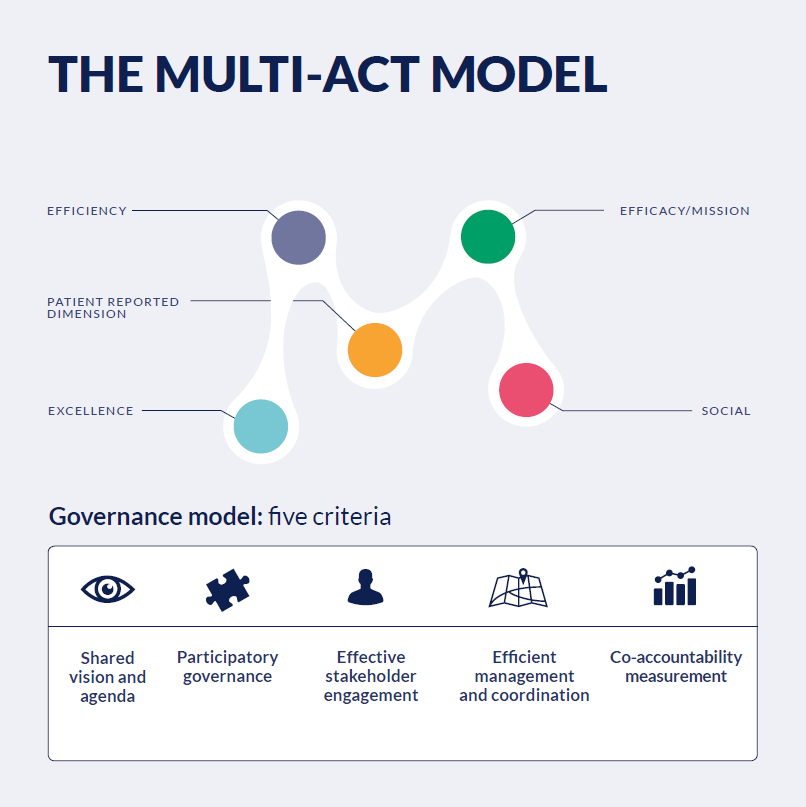About
The brain
The complexity of the human brain has long hindered the analysis, diagnosis and treatment of brain disorders, as reflected by the heavy burden they impose on health services and the increasing strain associated with the ageing of the European population.
179 million Europeans will be affected with a brain disorder at some point of their lives, causing a global annual cost (direct and indirect) exceeding 800 billion euros for the European economy and national health budget. Furthermore, the number of people with brain diseases (such as Alzheimer’s, Parkinson’s, depression, Multiple Sclerosis, addictions and many more) is on the rise due to factors such as higher life expectancy and an estimated 1 in 3 Europeans will have a brain disorder during their lifetime.
The WHO concluded that brain disorders account for 35% of the burden of all diseases in Europe. It is therefore of utmost importance to develop a research model that produces results that have a real impact on the lives of affected patients and their caregivers.
Challenges in translation and collaboration
Despite the significant progress in terms of the mechanistic underpinnings of neurological diseases at the molecular, cellular and circuit levels, the translation of these discoveries into therapies remains a critical challenge. Effective and efficient collaboration and cooperation among the various initiatives is often identified as a key success factor to achieve maximum impact of brain research. In particular, there is a constant need to maintain continuous dialogue between all stakeholder groups and initiatives to allow for objectives to be aligned and needs to be met.
Therefore, it is mandatory to foster innovation by building effective collaboration along the entire drug-discovery and development pathway, with the involvement of all stakeholders, including academia, government and regulatory agencies, patient and health foundations, biotechnological companies (biotechs) and pharmaceutical industries. However, most multi-stakeholder initiatives have lacked shared measurements of impact and supporting infrastructures to enable true alignment of efforts and accountability of results.
Providing solutions: the MULTI-ACT approach
The EU-funded MULTI-ACT project aims to increase the impact of health research on people with brain diseases. It will create and implement a new model allowing for the effective cooperation of all relevant stakeholders. This will be applicable in defining the scope of health research as well as new metrics for the evaluation of its results.
The MULTI-ACT project will work with patients and patient organizations, academics, private and public stakeholders to develop brand new tools to assess the value of research.
The project started on 1 May 2018 and will continue for three years. It has received funding from the European Union’s Horizon 2020 Research and Innovation Programme under the Grant Agreement No. 787570


